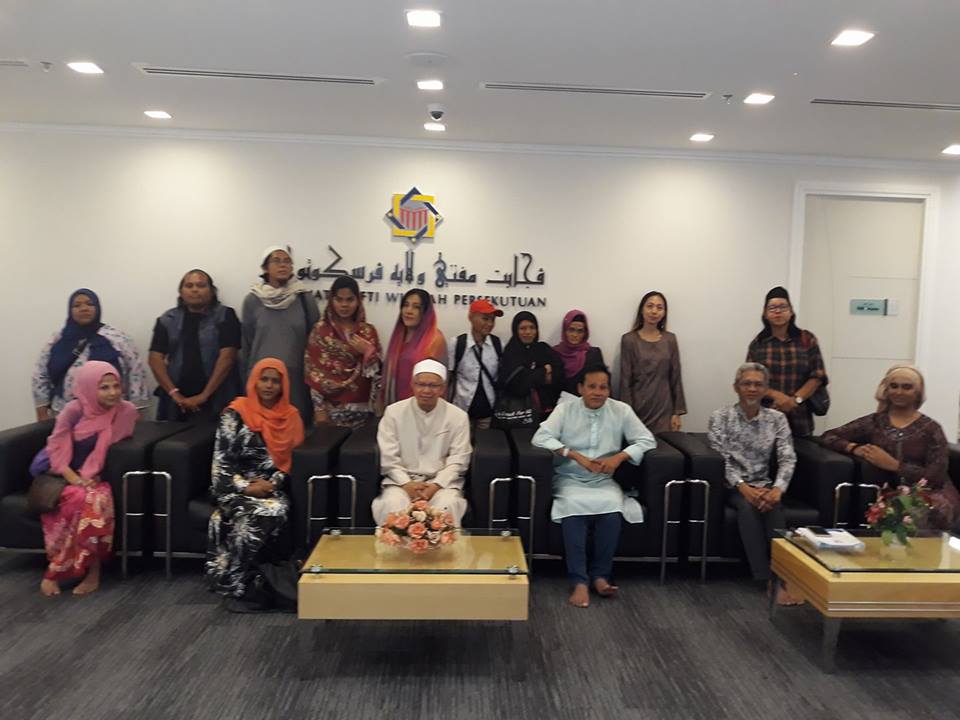PETALING JAYA, Feb 15 — Religious authorities should revisit a fatwa (edict) declaring transgenderism as un-Islamic, according to Federal Territories Mufti Datuk Zulkifli Mohamad al-Bakri who said the phenomenon is not inherently wrong.
In a meeting with Pertubuhan Kesihatan dan Kebajikan Umum Malaysia (PKKUM) founder Elisha Kor Krishnan yesterday, Zulkifli also expressed his intention to work closely to help the group.
Citing Islamic teachings, he said there was a need to distinguish between men who impersonate as women (Mukhannath bi al-takalluf) and those who are born physically male but possess a female gender identity (Mukhannath min Kalqin).
“According to religious scholar, Imam An-Nawawi, there exist two types of Mukhannaths as mentioned above.
Mukhannath min Kalqin were born male by body but identified their gender as female, and they are not attracted to women.
“Since their identity is inert and not an impersonation, as long as they do not use their identity for immoral purposes, it is not a shame and they are accepted in Islam,” he said.
However, Zulkifli stressed that Islam was clear in opposing those who dressed up as members of the opposite sex to commit immoral acts.
Elisha, whose organisation advocates transgender rights and other social issues, said despite the common notion, discrimination and criminalisation of the transgender community were a relatively new phenomenon.
“In 1982, the National Fatwa Council, the highest Muslim authority in Malaysia, banned sex reassignment surgery in the country, as it was considered ‘un-Islamic’.
“Since then, transgender people have been criminalized for their very identity. This fatwa did not only affect Muslim transgender people but also non-Muslim transgenders,” she said.
Elisha said the fatwa and similar policies by agencies such as the National Registration Department have inflicted hardship on the transgender community.
“Even non-Muslim transwomen who attained medical assistance and sex reassignment surgery outside Malaysia were not allowed to change their gender on their identification card.
“This despite having supporting documents from local and international medical institutions that specialise in gender, and even though they were revered by some widely recognized religions,” she said.
Elisha expressed hope that with the help of professionals from both the medical and religious fields, it would be possible to find a solution to end the stigma and discrimination towards transgender community.
She also said a support group would be formed to help members of the community get access to basic needs in the country.
“It is our intention to help such individuals reconcile their gender identity with their religious one and for them to live in a dignified way instead of being forced to leave their faith and even flee the country.”



















